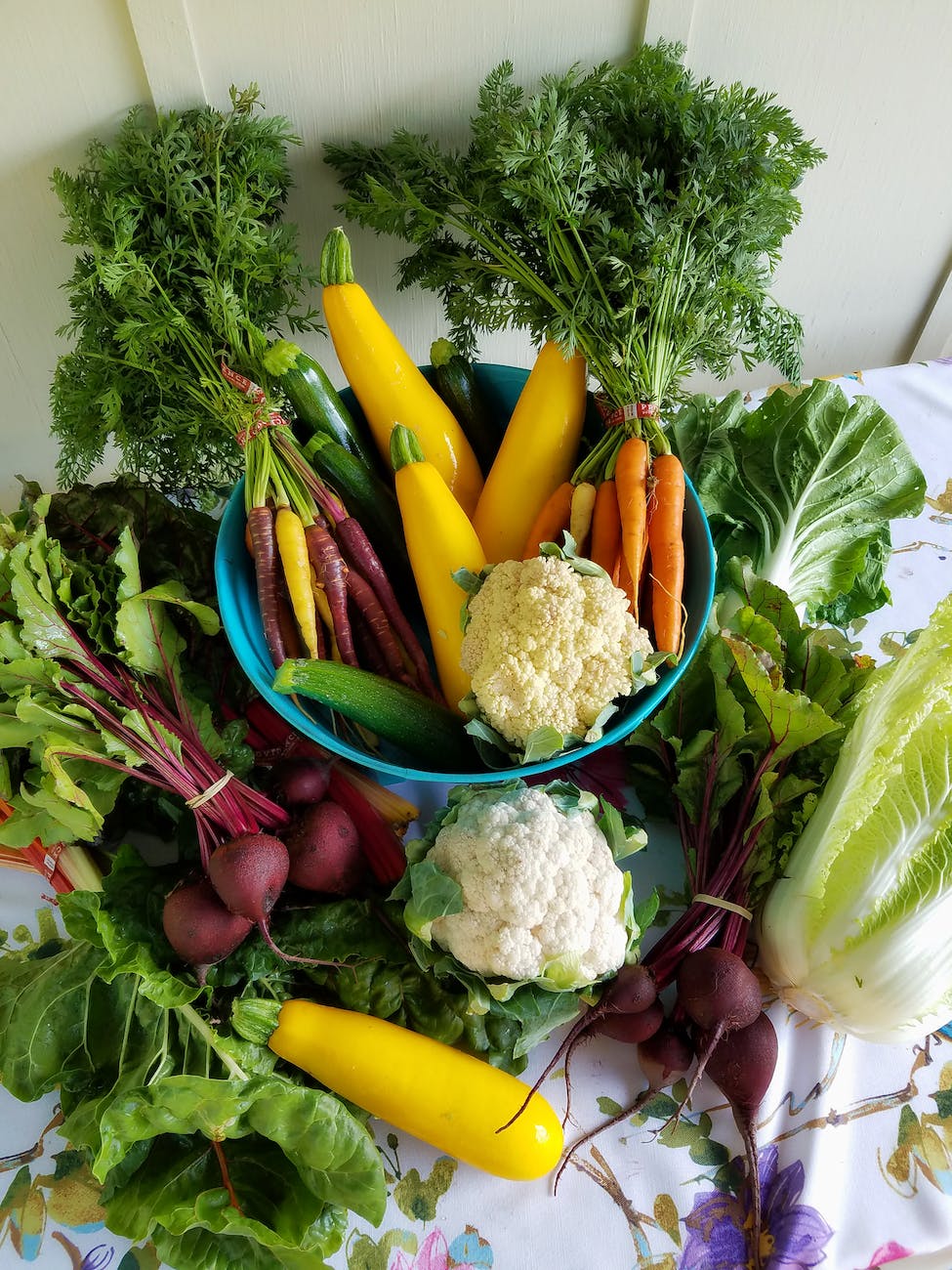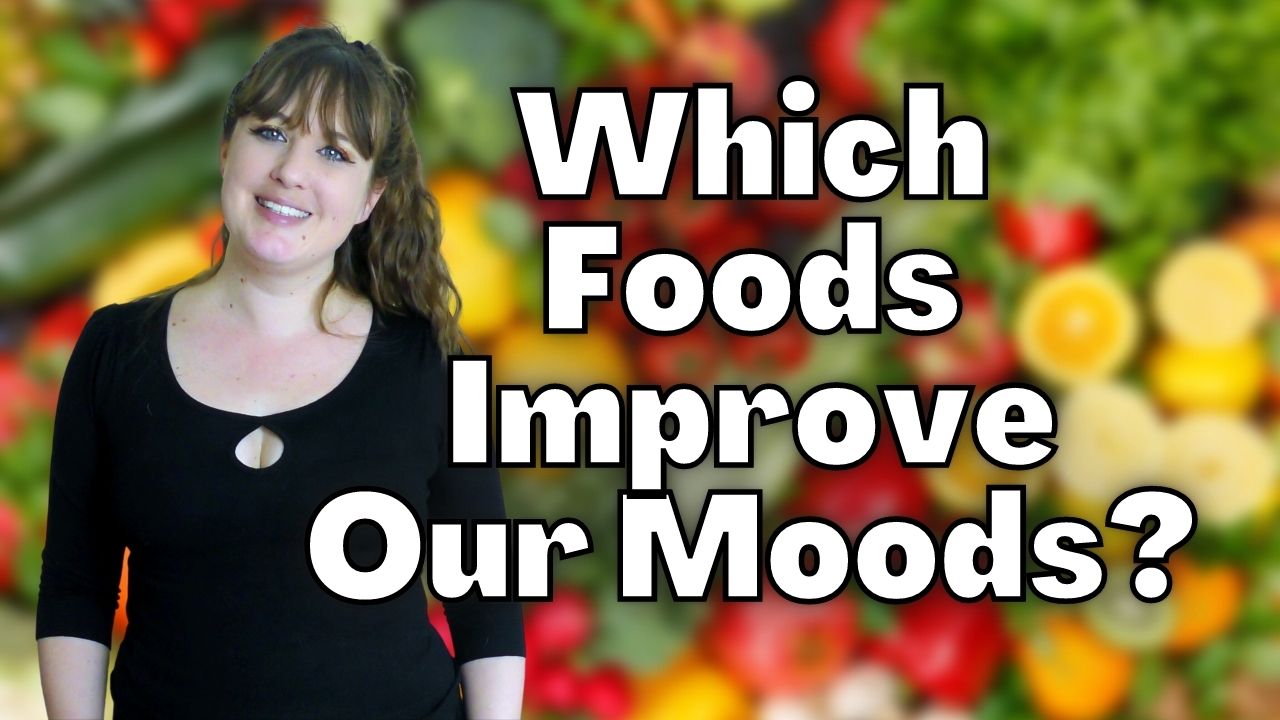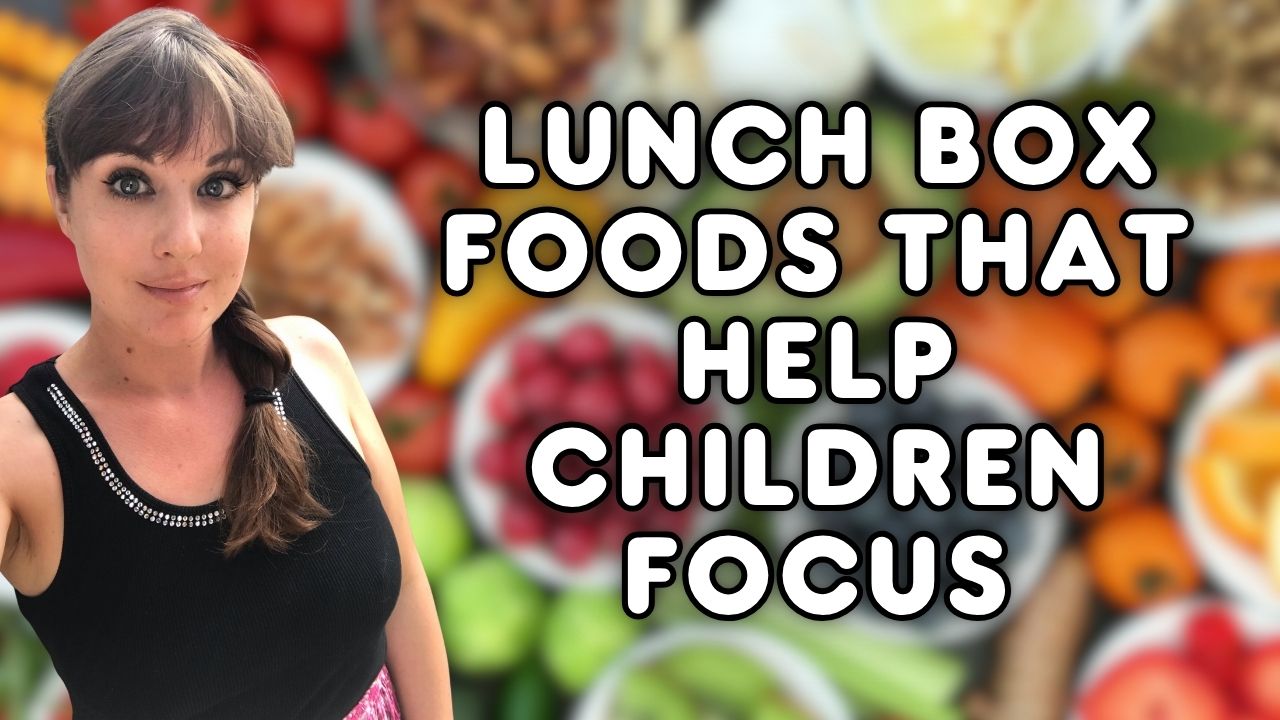As an Amazon Associate I earn from qualifying purchases.
On the JJ Barnes Blog, I check out research from iceheadshop.co.uk into what foods improve our moods, and foods that can make sure feel worse.
For many, the cold, rainy days and long, dark nights of British Winter time can be very difficult to get through, but there are things we can do to improve our mood and energy levels. One way to do this is to avoid certain foods and drinks.
With the expert assistance of nutritionist Abi Roberts, Iceheadshop.co.uk compiled advice on which foods and drinks to avoid because they were interested in this topic.
Food varieties to keep away from:
The bad news is that the sausage rolls you ate in December may have made you feel worse. Roberts explains that eating foods you enjoy is important, but moderation is key because poor gut health can affect your mental health:
The gut and brain send and receive complex signals, so if one is out of balance, it can have an effect on the other. An unhealthy gut microbiome has been strongly linked to depression and anxiety.
It has been discovered that eating too many processed foods is bad for your gut biome, which can affect your mood and mental health. This includes any food that has been altered during production. While not all processed foods are considered unhealthy, many contain a lot of salt or sugar to preserve them or make them taste better. This includes things like: crisps, pastries, cakes, biscuits, sausage rolls, oven chips, and breakfast cereals

What foods improve mood?
There are a few fundamental nutrients and supplements that are perfect for helping your temperament, through raising your energy level and filling your body.
Omega-3 fatty acids have even been found to stabilize mood in some people, which is a great benefit for energy levels. Even when researchers took into account other possible influencing factors, a New Zealand study found that eating fish—a food rich in Omega-3 fatty acids—was associated with an improved sense of emotional wellbeing.
If you eat a plant-based diet, you can easily incorporate Omega-3-rich foods like flaxseed, cauliflower, kidney beans, and broccoli into your diet. These foods are ideal for boosting mood.

Consuming foods high in magnesium could give you a boost during this gloomy time because magnesium is also very important for your energy levels: Dark chocolate, pumpkin seeds, almonds, peanuts, bananas, and kidney beans, are among the best sources of this nutrient.

Not to drink:
Abi Roberts says that due to the relationship between the gut-brain axis (how they communicate with each other), drinks with a lot of sugar can have the same effect on your mood as processed foods.
Sugar makes it harder for the good bacteria in your gut to grow because it serves as fuel for the bad bacteria, allowing them to flourish and repopulate. This could result in an unhealthy microbiome in your gut, which could cause skewed brain signals and lower mood.
So, if you want to beat the January blues, make sure you drink enough energy drinks, iced coffees with syrup, and soda.

Which beverages improve mood?
Everyone knows that drinking enough water is important for staying healthy, and the NHS recommends drinking six to eight glasses of fluid every day—not just water. Sugar free and low fat beverages like squash, milk, tea, and espresso all count, and can contain cell reinforcements and supplements than help to lighten laziness.
Because it contains an amino acid known as L-Theanine, Matcha is a great option for people who want something with more of a kick than regular green tea. L-Theanine not only calms the mind but also gives you more energy.
Kefir is an excellent beverage for boosting your mood because it contains probiotics that improve digestion. Diversifying the gut microbiome improves its ability to communicate with the brain, which is essential for improved mental health and mood.
Smoothies are a great way to eat more fruits and vegetables, and since you know exactly what’s in them when you make them yourself, you won’t have to worry about too much sugar. Bananas are a great base because they contain a lot of magnesium, potassium, and vitamins C and B6.
Amazon and the Amazon logo are trademarks of Amazon.com, Inc, or its affiliates.




